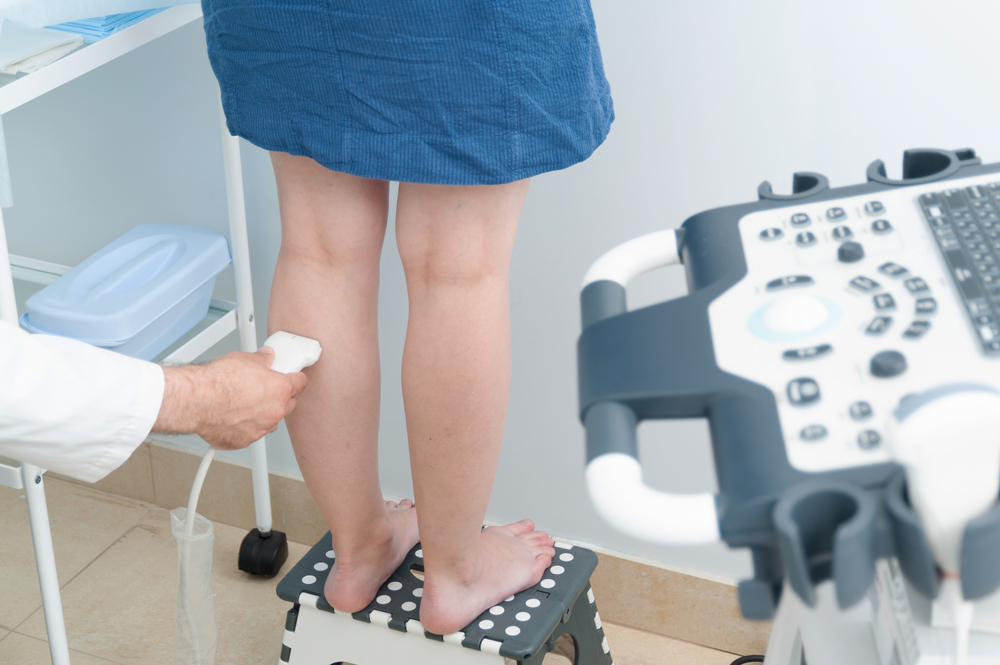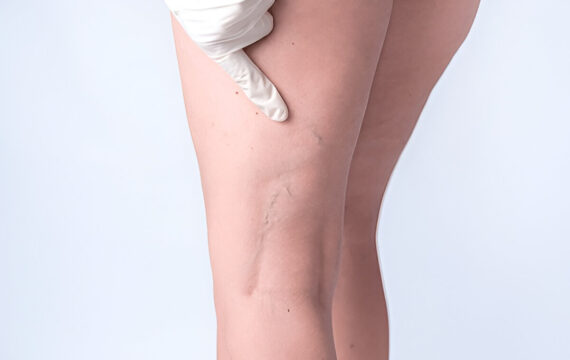Vein issues such as varicose veins, spider veins, and chronic venous insufficiency are common but treatable conditions. Choosing the right vein clinic can make a significant difference in the success of treatment and the overall patient experience. Here are key factors to consider when selecting the best vein clinic for you.
Research and Qualifications
Start by researching clinics in your area and reviewing their qualifications. Vein treatments often require the expertise of specialized vascular surgeons or interventional radiologists. Make sure the clinic you choose has qualified professionals certified by relevant medical boards, such as the American Board of Venous and Lymphatic Medicine. Check whether the clinic’s specialists have specific training in vein treatments like sclerotherapy, endovenous laser treatment (EVLT), or radiofrequency ablation, as these are common methods for treating vein issues.
Treatment Options and Technology
A good vein clinic should offer a range of treatment options tailored to different vein conditions. Ask whether the clinic provides minimally invasive treatments, which typically have shorter recovery times and fewer risks than surgical methods. Technologies such as ultrasound-guided vein mapping and laser or radiofrequency treatments are highly effective in diagnosing and treating vein problems. Clinics that invest in advanced technologies are more likely to provide efficient and precise treatments, potentially resulting in better outcomes.
Experience and Patient Reviews
Experience matters in vein treatment. Look for clinics with a track record of successful outcomes. Reading patient reviews online can give you insights into the experiences of others with similar vein issues. Pay attention to the clinic’s reputation for professionalism, compassion, and treatment efficacy. A reputable vein clinic will often have testimonials or case studies that showcase their work.
Personalized Consultation and Treatment Plan
During your initial consultation, assess whether the clinic provides a personalized approach. Effective vein treatment depends on a comprehensive understanding of your medical history and symptoms. A quality vein clinic will perform a detailed evaluation and offer a customized treatment plan tailored to your specific needs. Beware of clinics that suggest a one-size-fits-all approach or push for unnecessary treatments.
Insurance and Cost Transparency
Vein treatments can be expensive, and not all are covered by insurance, especially if they are considered cosmetic. Confirm the cost of treatment up front and whether your insurance plan will cover part of it. A reliable clinic will be transparent about treatment costs, payment plans, and potential out-of-pocket expenses. Discuss these details before committing to a clinic to avoid unexpected financial burdens.
Follow-Up Care and Support
Vein treatment often requires follow-up visits to ensure the treatment’s success and manage any post-procedure symptoms. Ask whether the clinic offers post-treatment follow-ups, which are essential to monitor your progress and make adjustments if necessary. Good clinics prioritize patient aftercare and will be available to answer any questions or concerns during recovery.
Location and Convenience
Lastly, consider the location and convenience of the clinic. Many vein treatments involve multiple sessions, so a clinic close to home or work can save time and reduce stress. Accessibility and ease of scheduling appointments are factors that contribute to a more positive treatment experience.
Choosing the right vein clinic involves thoughtful consideration of these factors. Prioritizing qualifications, experience, personalized care, and follow-up support will help you find a clinic that provides both excellent treatment and peace of mind. Taking the time to make an informed choice can lead to successful results and a more comfortable recovery.




